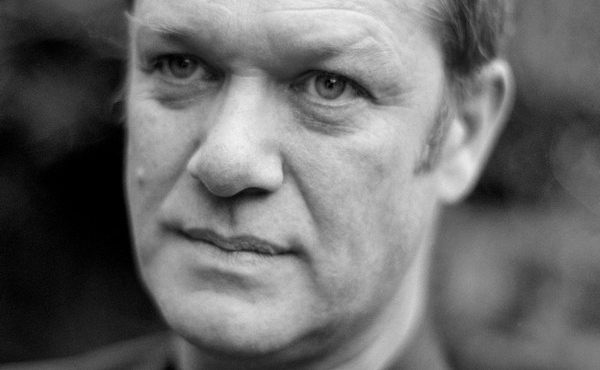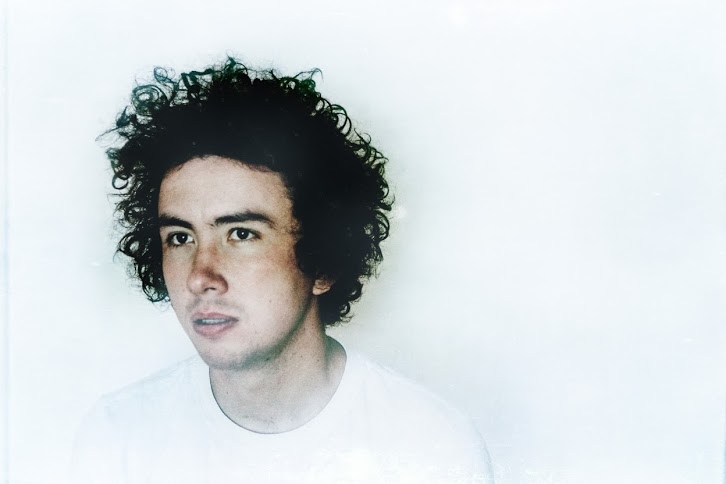A highlight of next month’s Supersense program is Discreet + Oblique; Coulter’s tribute to a milestone of minimalism, Brian Eno’s Discreet Music. He talks to Beat about the different reflections of his creative life, and the stories audiences might uncover in the 40-year-old ambient classic.
“I think the first thing that is possibly different to other [music directors] who work on these kind of multi-artist tribute shows is that I come from a theatre background,” Coulter says. “So for me, I think the theatrical experience of the whole event is of paramount importance. I like to consider the whole experience, from the moment people will enter the theatre to when they leave, and try to make that as visceral an experience as possible.
“I try to think of every project as another chance to improve on what came before. I don’t ever feel that I’ve actually done what I wanted, I always want more. That isn’t greed, I don’t think, but a desire to constantly push boundaries and create new experiences. To try and make the spectator feel like they’ve had something different, something that they weren’t quite expecting. Something that might take them through different colours, moods and textures. All of those fun things,” he chuckles. “But I think each thing that I do, I approach from the perspective of trying to not replicate or recreate. You have to keep pushing forward.”
Coulter has undertaken a huge variety of projects in the service of this philosophy, and has racked up some unexpected partnerships in the process (his collaboration with celebrity chef Heston Blumenthal arguably the most bizarre). Yet, while expanding his own artistic limits is at the core of Coulter’s work, his foremost goal is to deliver an individual audience experience.
“[Improbable Theatre Company artistic director] Phelim McDermott and I made a piece earlier in the year called The Eldership Project, performed to a maximum of eight audience members,” he says. “The audience were led through an empty theatre into an enclosed space on stage where we had a group of five performers, all of whom were in their 80s. I was there playing live music, and the music changed for every performance based on the reaction and interactions between the elders and audience. It was a very bespoke experience, different every time. So I always try really hard to make the most vibrant experience, but stay considerate of the space and the performers you have at your disposal – the context and content.”
To that end, Supersense is a festival almost uniquely tailored to Coulter’s background and sensibilities. It’s billed as an event of overlapping sensations, with various musical genres and artforms staged amid showcases of light and sound. Alongside co-creator Leo Abrahams, Discreet + Oblique gives Coulter the opportunity to pay vivid homage to Eno’s unlikely 1975 classic, Discreet Music; an album widely held as the birth of ambient music, and something very close to Coulter’s heart.
“You know, the idea sort of appeared to me one night after dinner with my son,” he says. “He left to go back to his apartment and I put on Discreet Music, which I do fairly regularly. But then I read through the sleeve notes, which I hadn’t done in a really long time, and it struck me that it was nearly 40 years since Brian had made this piece. 40 years. It’s one of those things where you’re so familiar with the piece, it’s like wearing your favourite shirt or putting on a pair of comfortable shoes. It’s a piece of music that just sits in me quite well. But it’s a bit of a sacred beast, really. I just hope that the way in which we approach it, which isn’t replication, but still keeping it familiar – and by working with people like The Necks, Golden Fur, and Matthew Brown – will give it a new slate, will seem like a response of the moment.”
Coulter laughs, and when he elaborates on his connection to the album, his voice truly comes alive. “Discreet Music is a piece of music that has been very, very present in my life,” he says. “It’s almost a kind of sonic therapy that I’ve applied to myself for the last forty years. I first heard that record when I was around 16, so just a couple of years after it had come out, and it’s been with me ever since. It’s almost totemic, a kind of fetish piece for me, in the same way something like Tom Wait’s Raindogs or Swordfishtrombones is. We all have them. We all have these pieces that become touchstones that are greatly influential for us. In my own music, I guess I try to do a similar thing; just create emotions in people. I’m a storyteller – [that’s] what I’d like it all to come down to. A storyteller in whatever medium I happen to have at my disposal.”
BY ADAM NORRIS

